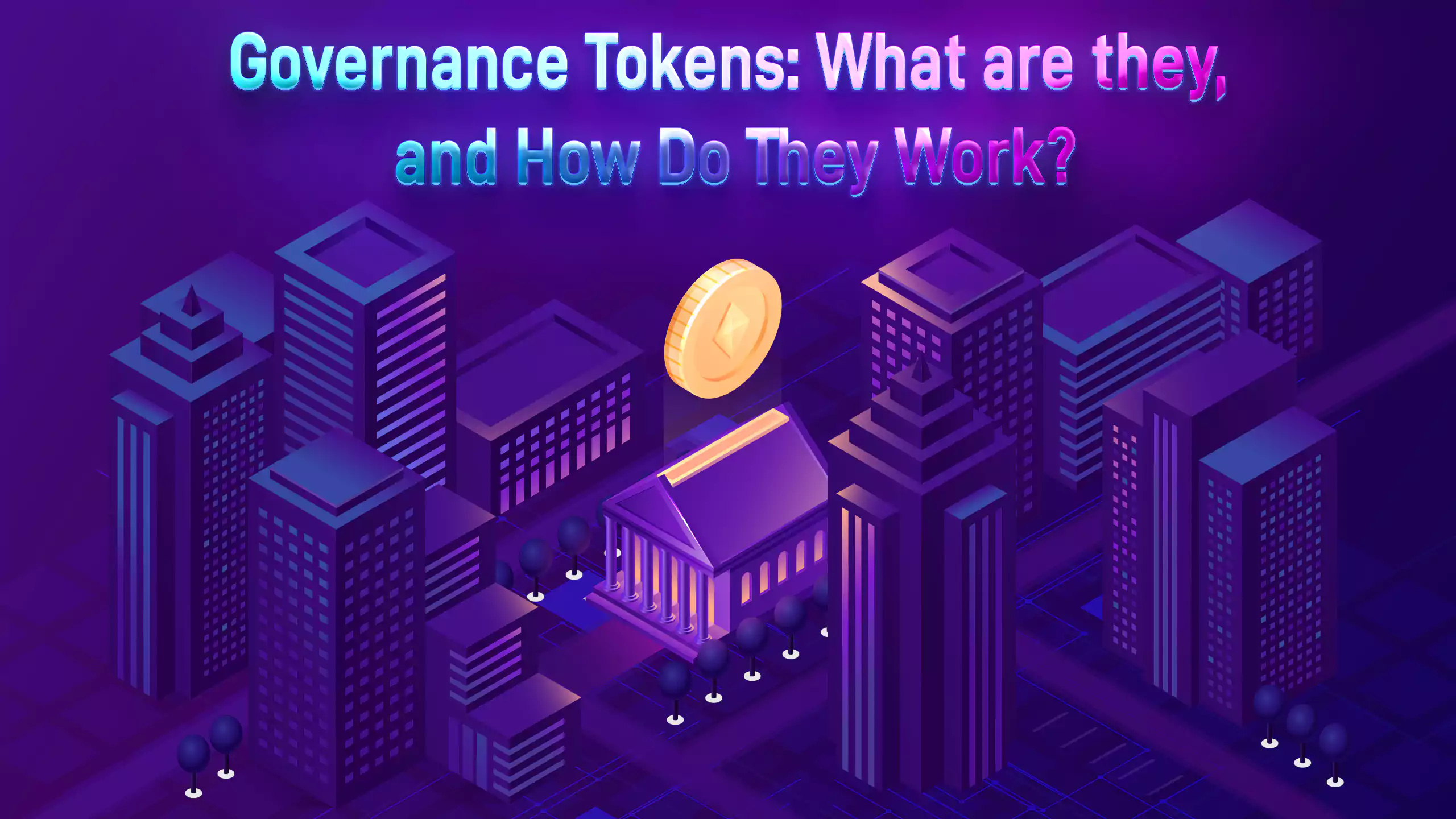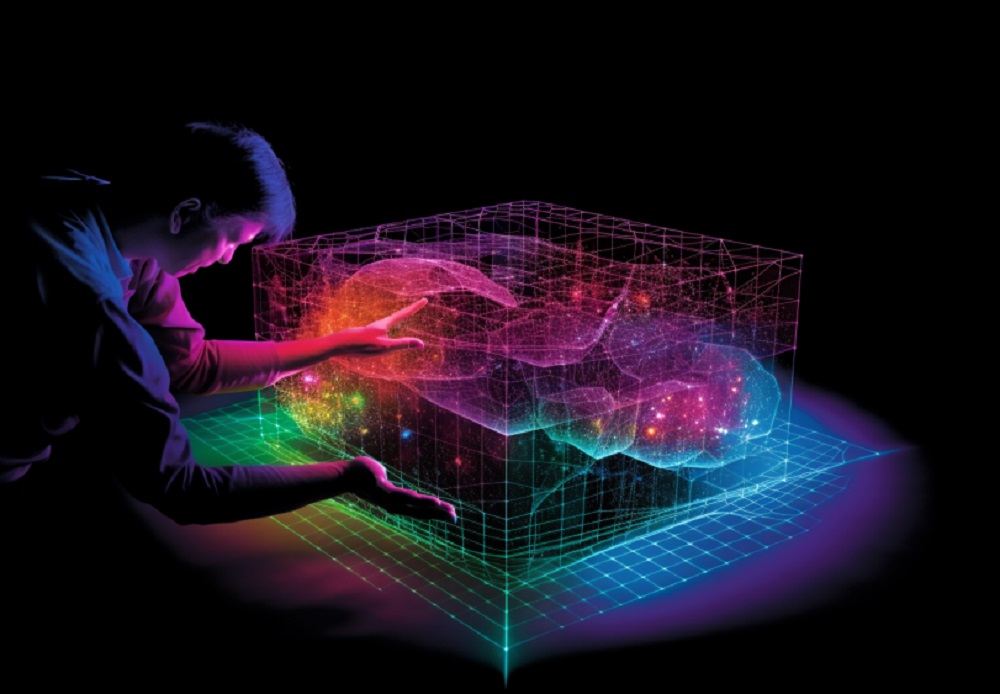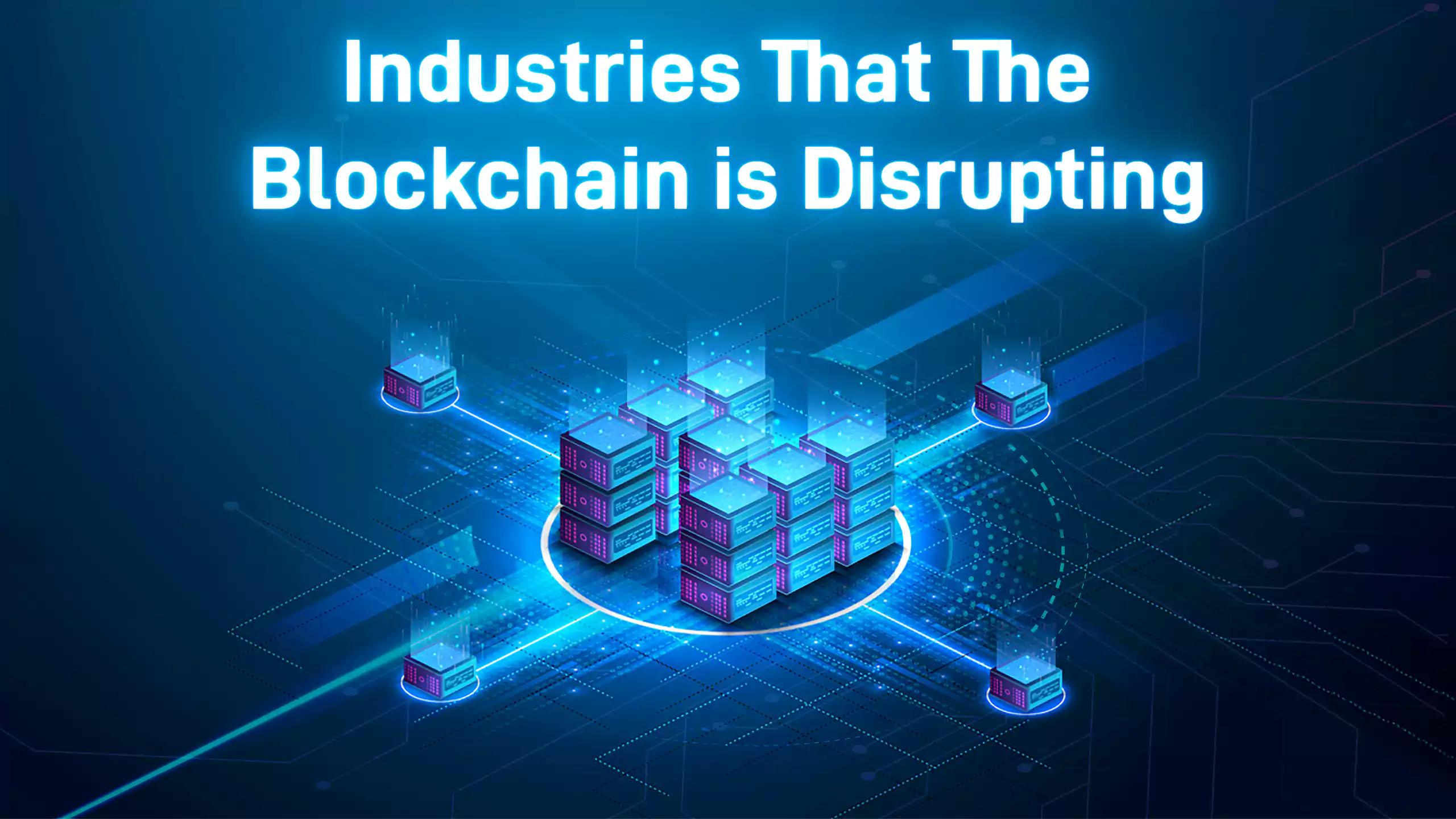One of the central features of NFTs and the blockchain technology is decentralization, a system that works via the use of smart contracts. However, decentralization has gone from the need for smart contracts to giving community members a chance to decide on the most critical issues. Today, governance tokens have helped to institute these features.
Governance tokens are the same as most types of tokens and work on the same protocols. However, this token is more than a means of exchange or measurement of value. This article will explore what Governance Tokens are and how they work.
What Are Governance Tokens?
Tokens are digital assets that can serve various functions to the holder. It usually serves as a medium of exchange or a measure of value for the holder. The holder can use it in many ways that offer him utility. Tokens generally have the use depending on what type of tokens it is.
This decentralization has led to the development of communities that runs wholly on the blockchain, using the concept of smart contracts to serve as binding. These communities are usually called Decentralized Autonomous Communities (DAOs); they use smart contracts to define the rights of communities members. However, there is a need to give community members greater power and control in the control of DAOs, leading to the development of the Governance Tokens.
Governance Tokens are new sets of tokens that convey to the holder of the tokens the right to vote on decisions that will affect the community members. As a result, there is a more excellent distribution of power and responsibility to the bearer of the token. In addition, the possession of these tokens makes it possible for one to be a member of the community by possessing such tokens.
There are several uses for Governance Tokens. It conveys to the holder some rights that include access to determine the direction the community would go. It also serves to define how the technology of a blockchain will evolve. In all, Governance tokens work so that the individual can have the power to decide the changes that happen in the community.
There are arguments for and against Governance Tokens. Some people believe that the tokens offer no new capability to the blockchain technology as the decentralization that it promotes is part of the original blockchain concept. On the other hand, others believe that it offers more than just what other technologies of the blockchain provides.
An example of a Governance Token is Maker (MKR), which allows the holders to vote on decisions about the Defi protocols that DAI, a stable coin, runs on. Others include AAVE and COMP, and they offer different capabilities.
The question then becomes, how does Governance Tokens work?
How do Governance Tokens Work?
Governance Tokens work in much the same way as most tokens work on the blockchain. The finest details of the workings depend on the blockchain that powers such tokens. However, it follows the same logic but with a minor tweak that gives the community members or holders of the tokens a chance to make or reject decisions.
We are not going into the full details of how they work, but we will use one of the most prevailing blockchains here. Ethereum and then explain how many Governance Tokens work.
Governance Parameters: The first step in developing Governance Tokens is to determine the parameters of how they work and what the members of the community can vote on. The voting power is essential because it allows every person taking possession of the token to know what value comes with the token. The values which are necessary to the power and responsibility of the bearer will help the potential members to determine whether to join in or not.
Protocols Settings: One needs to set the protocols on which the token will run. The Ethereum network usually runs on the regular ERC-20 protocols but is constantly tweaked to have a different process from the standard tokens. The tweak is how the community members govern the community or blockchain. The tweak usually has a staking contract in which members deposit their tokens to vote.
Multisignature smart contract: The multi-signature smart contract allows the protocols to consider both sides of those who voted for or against any proposals. It is also set up in a way to avoid tyranny or malicious implementation.
The simple work is through the time delay before implementing the smart contract. Those who disagree with the decision can remove their tokens within the timeframe of the delay.
Why are Governance Tokens Important
Governance Tokens are essential for various reasons:
Gives everyone a voice
Governance Tokens give everyone a chance to determine how they want their community or blockchain to evolve. Due to the technology that allows for a time delay before implementation, if a member feels sidelined or does not understand how the community is going, they can take tokens and leave. Democratization means that everyone gets a voice, and others dominate no one.
·
More remarkable Survival for Communities
Normally, DAOs attacked by malicious groups or software need to perform a hard fork and create a new community. With the Governance Tokens, communities do not need to complete this hard fork anymore as they can always reduce the risks of attacks through time delays.
Greater Decentralization
Blockchain technology has the fundamental goal o of a decentralized platform. But with the growth of technology, there has been some extent of centralization. However, governance tokens are helping to make sure that the ideals of decentralization are held on and not lost.
Conclusion
The technology of the blockchain has grown tremendously in the past few years. The growth comes with some bits of centralization, going against the tenets that foster decentralization. Governance Tokens work like regular tokens but have a tweak that offers a chance for holders to vote. It gives the holders the right granted on the space. However, through the rise of Governance Tokens, users can vote on the direction their community or blockchain will take.
The importance of Governance Tokens is that it allows the community to have a more significant part in developing their technology and brings greater decentralization of power by putting decision-making in the hands of the many.






